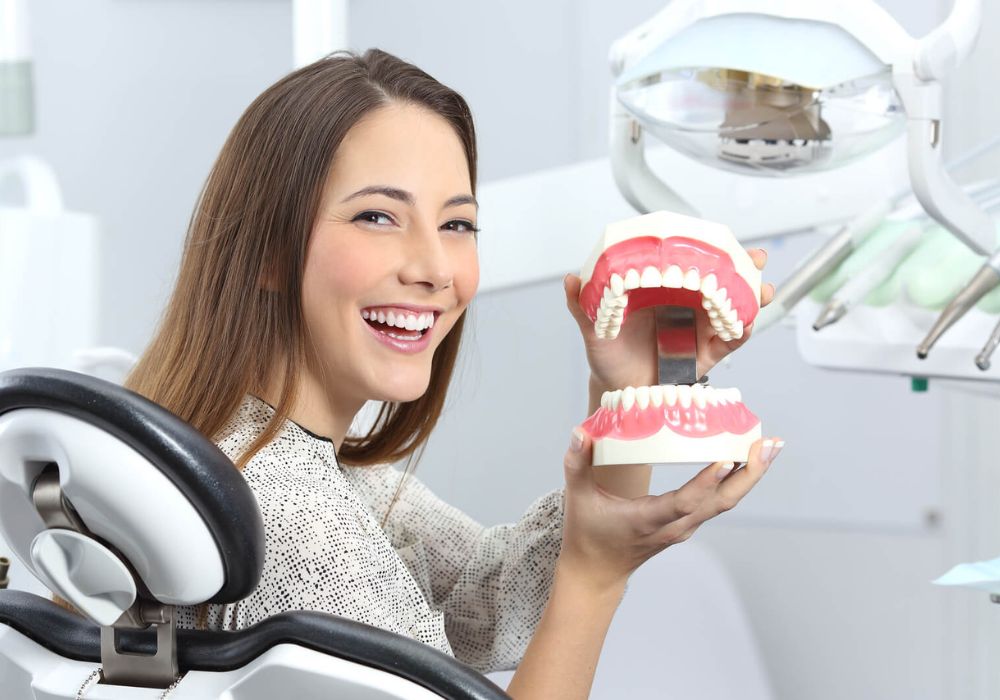DENTAL IMPLANT FAQs
Explore common questions about dental implants: Are they painful? How long do they last? What is the recovery time? Get answers to these and more at Nirmal Super Specialty Dental Hospital.

- Yes, certain cases may qualify for immediate implant placement and restoration, commonly known as "Teeth in a Day" procedures.
The duration varies based on individual cases and treatment complexity but typically ranges from a few months to a year.
Several reputable implant brands are available, including ADIN, MONO IMPLANTS, OSSTEM, NORIS, DENTIUM , Nobel Biocare, Straumann, and BioHorizons, each with its advantages.
Advantages include improved aesthetics, stability, and function, while disadvantages may include expensive mode of treatment.
Types include endosteal implants (placed in the jawbone), subperiosteal implants (placed on the bone), and zygomatic implants (anchored in the cheekbone).
Yes, dental implants have a high success rate and are considered safe when performed by qualified professionals following proper protocols.
Coverage varies among insurance plans, with some providing partial or full coverage for dental implant procedures, depending on the policy terms.
Dental implant success rates typically range from 95% to 98%, with proper maintenance and follow-up care contributing to long-term success.
Most individuals with good overall health and adequate jawbone density are candidates for dental implants, but specific factors like medical history and bone quality are considered.
With proper care and maintenance, dental implants can last a lifetime, making them a durable and reliable tooth replacement option.
Local anesthesia is used during the procedure to minimize discomfort, and post-operative pain is usually manageable with medication prescribed by the dentist.
In some cases, implants can be placed immediately after extraction, while others may require a healing period of several months before implant placement.
While smoking can increase the risk of implant failure and complications, smokers may still be eligible for dental implants with proper oral hygiene and cessation efforts.
It can be done successfully for 18 and above.
